(CLO) Germany's far-right Alternative für Deutschland (AfD) party is expected to make great strides as the whole of Germany goes to the polls for a landmark general election today (February 23).
AfD's rise worries opponents
However, the centre-right Christian Democratic Union (CDU/CSU) is still generally expected to once again become the largest party in the German parliament (Bundestag) with 220 seats, allowing them to appoint the first chancellor since Angela Merkel steps down in 2021.
According to YouGov's final poll before the election, the far-right AfD will win up to 145 seats, surpassing the 115 seats expected by the ruling Social Democratic Party (SPD), after the party's popularity plummeted after just a few years under Chancellor Olaf Scholz.
The Green Party, which partners with the SPD in the governing coalition, is also forecast to fall from a record 15% of the vote in 2021 to 13% in this election.
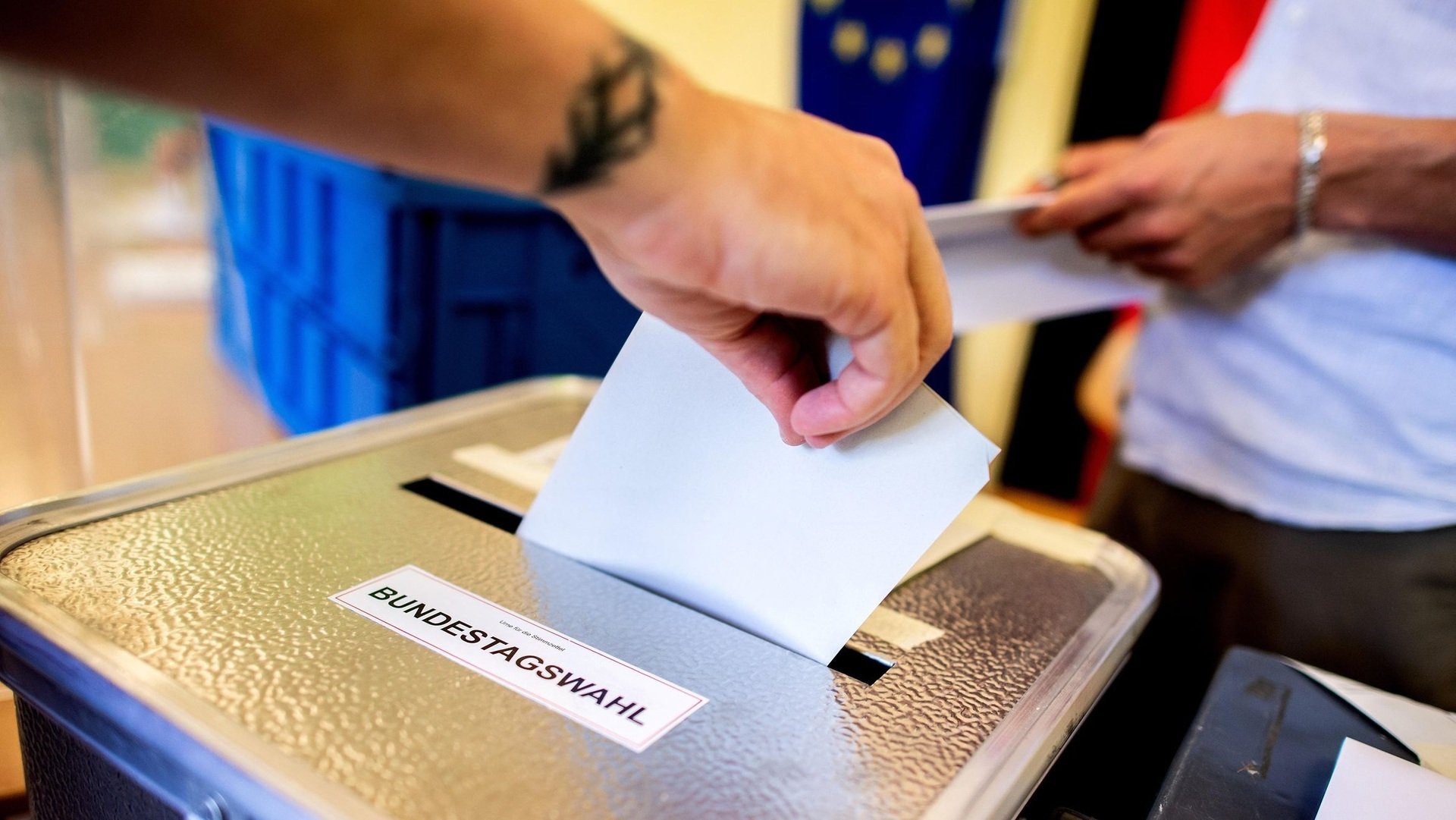
German voters will go to the polls today.
As is known, German President Frank-Walter Steinmeier called for early elections after the ruling coalition fell apart and Mr. Scholz lost a vote of confidence in the German Parliament on January 15.
Although polls show the CDU/CSU coalition still leading, the possibility of a surprise by the far-right AfD remains possible. In addition to being popular with voters with its policies on tightening immigration, economic reform and stopping aid to Ukraine - the three main issues of the election, AfD's appeal is also being increased by President Donald Trump's victory in the US.
According to research from the Humboldt Institute for Internet and Society and Synosys, tweets from Elon Musk, a special adviser to Mr Trump, directly contributed to making AfD leader Alice Weidel the most popular German politician on X and expanding the reach of her posts.
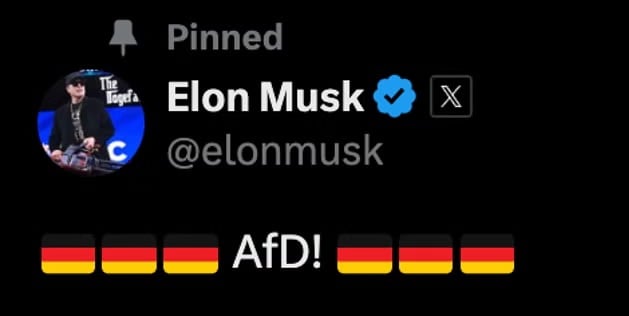
Billionaire Elon Musk publicly supports the AfD party in the 2024 German election.
Sami Nenno and Philipp Lorenz-Spreen, the study's authors, found that reposts or mentions of the AfD and/or Weidel often had much higher reach than average; from around 200,000 views to over 1 million views.
Additionally, Mr. Musk’s strongest period of engagement with AfD and related content occurred from late December to mid-January; during that time, Weidel’s followers nearly doubled, from just over 500,000 to 985,000.
Parties actively campaign before election day
The far-right AfD party has also been very active in holding its final campaign rallies in Berlin before the election, with leading candidates giving strong speeches against knife crime, immigration and Germany's support for Ukraine.
In response to a small group of anti-AfD protesters in Berlin, senior party member Beatrix von Storch said the anti-AfD protesters were expressing hatred. "Look at our faces, this is love," she said in English, "and look over there, that is hate."
Another speaker welcomed US President Donald Trump's recent tone on Ukraine. "The United States has gone where the AfD has always been. That's why the AfD now needs to be in power in the German government."
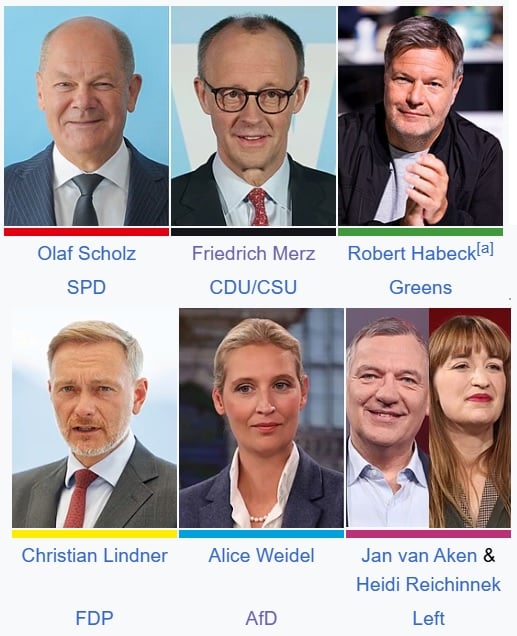
Chancellor candidates from each party in the 2025 German election.
Meanwhile, facing the prospect of a far-right party taking power in Germany for the first time in nine decades, the country's "mainstream" parties are working to prevent that scenario from happening.
Chancellor Scholz insisted that he still hoped for a victory, however slim. At an event in Potsdam, Scholz once again sought to cast doubt on the credibility of leading candidate Friedrich Merz from the CDU/CSU, describing his party as the strongest bulwark against the AfD playing any role.
Mr Scholz said he was “convinced that this time, many people will make their decision only at the polling station. I do not believe in miracles, but in winning the election”.
However, his ruling SDP is now expected to come in third behind Mr Friedrich's CDU/CSU coalition and the far-right AfD.
Mr Merz also held a final rally before Sunday's election, where he promised to be a "strong voice in the European Union". "Europe must become even stronger and Germany must be more involved in the European Union," he told the CDU/CSU rally.
Will Germany's new parliament be more "crowded" and "complicated"?
With highly competitive parties and a complex electoral system, the next German parliament could consist of between four and eight parties. That means top Democrat Friedrich Merz will need one or more strong partners to form a new coalition government. That could be Scholz’s main opposition SPD or the Greens, or both.
The far-right AfD, currently second in most polls with around 20%, is unlikely to join any coalition government as all other parties have ruled out working with a party they consider undemocratic. However, the final outcome is difficult to predict.
Hoang Hai (according to YouGov, Indefendent, DW)
Source: https://www.congluan.vn/bau-cu-duc-2025-dien-ra-vao-hom-nay-dang-cuc-huu-afd-co-the-gay-bat-ngo-post335699.html



![[Photo] Closing of the 11th Conference of the 13th Central Committee of the Communist Party of Vietnam](https://vstatic.vietnam.vn/vietnam/resource/IMAGE/2025/4/12/114b57fe6e9b4814a5ddfacf6dfe5b7f)

![[Photo] Overcoming all difficulties, speeding up construction progress of Hoa Binh Hydropower Plant Expansion Project](https://vstatic.vietnam.vn/vietnam/resource/IMAGE/2025/4/12/bff04b551e98484c84d74c8faa3526e0)



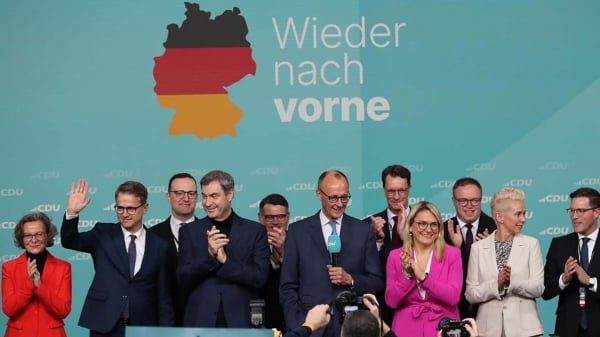

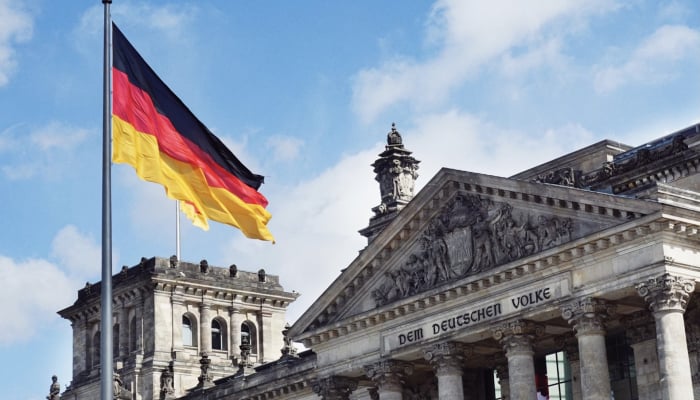
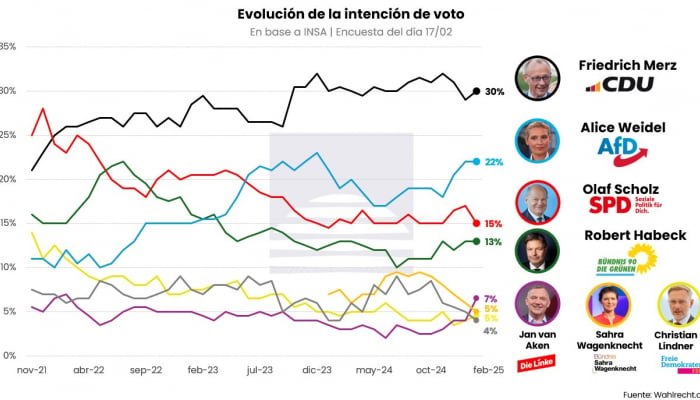

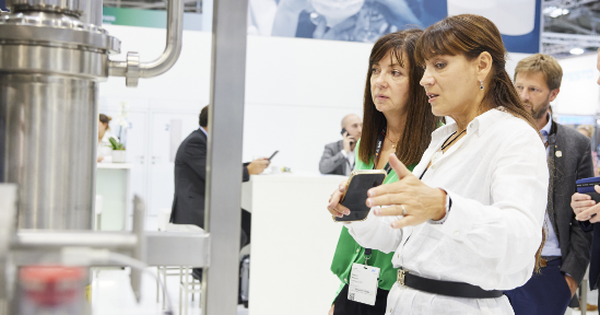

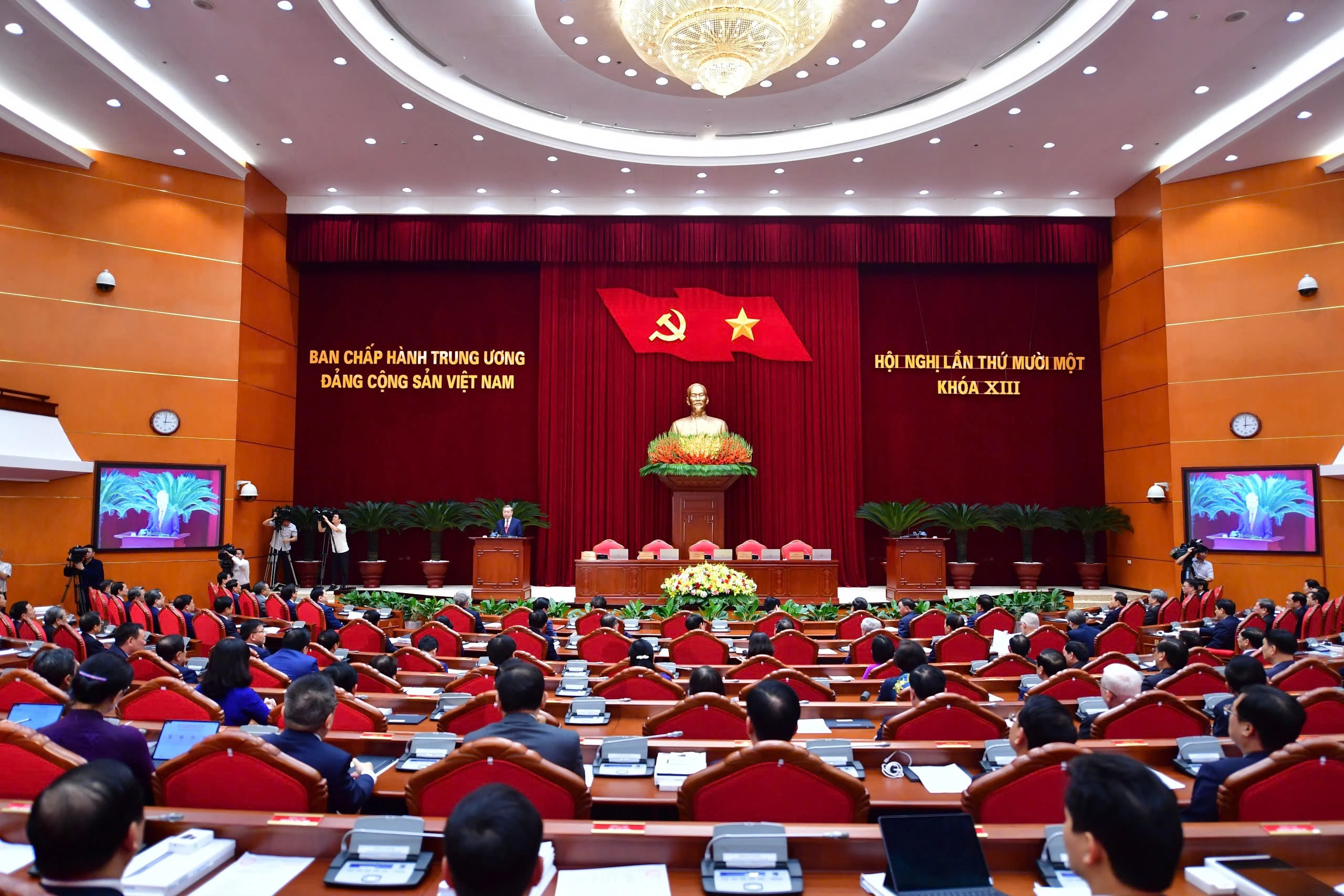



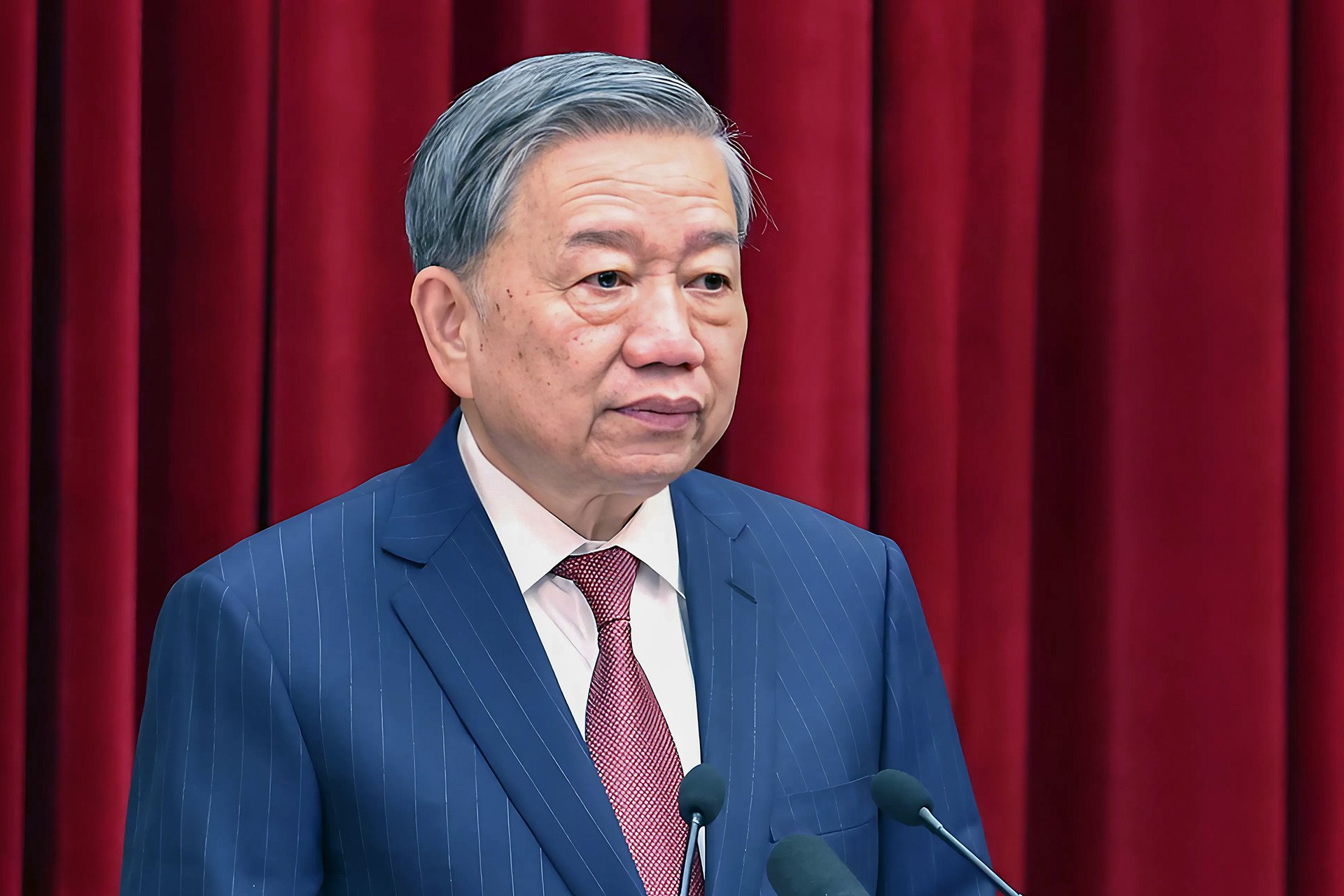










































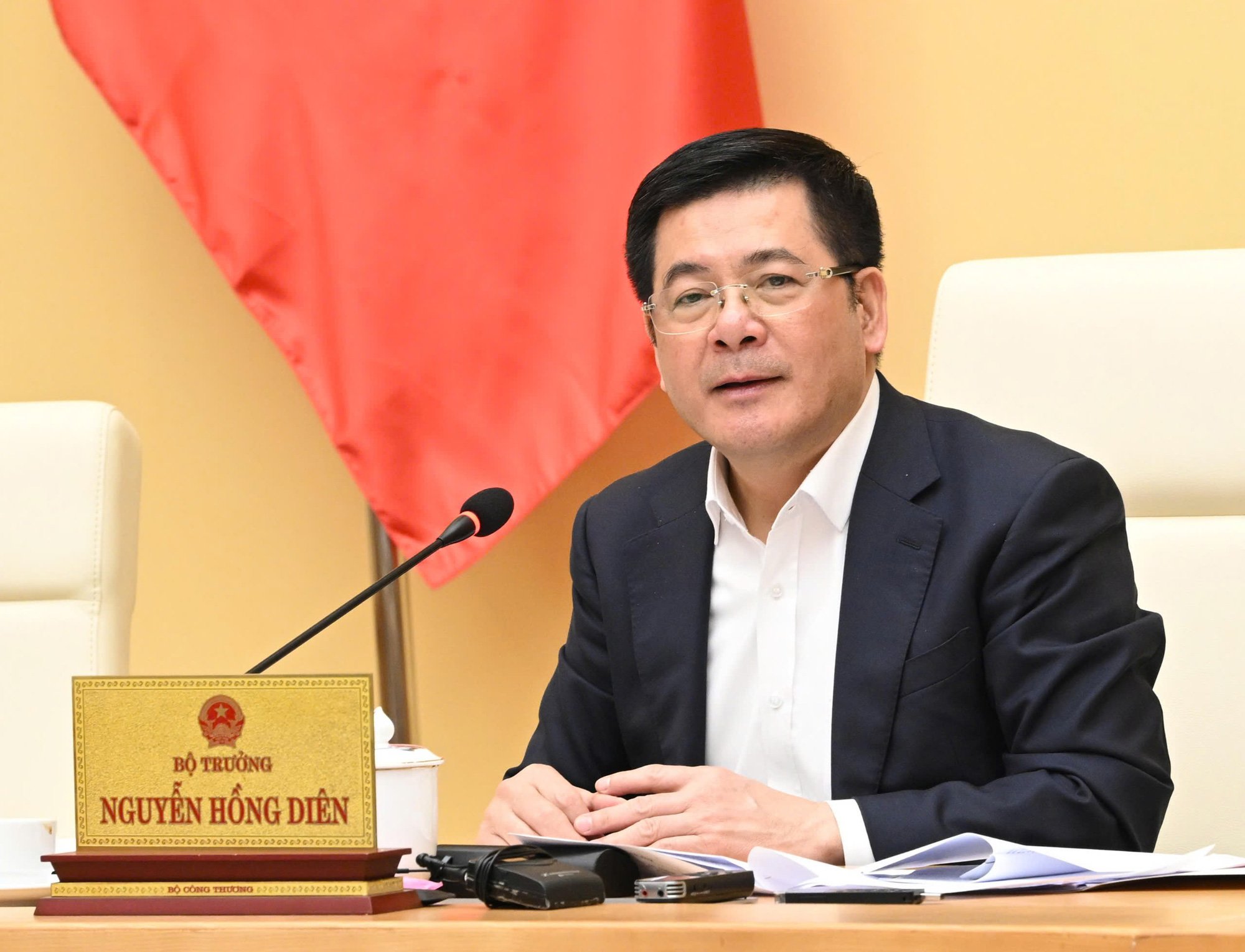












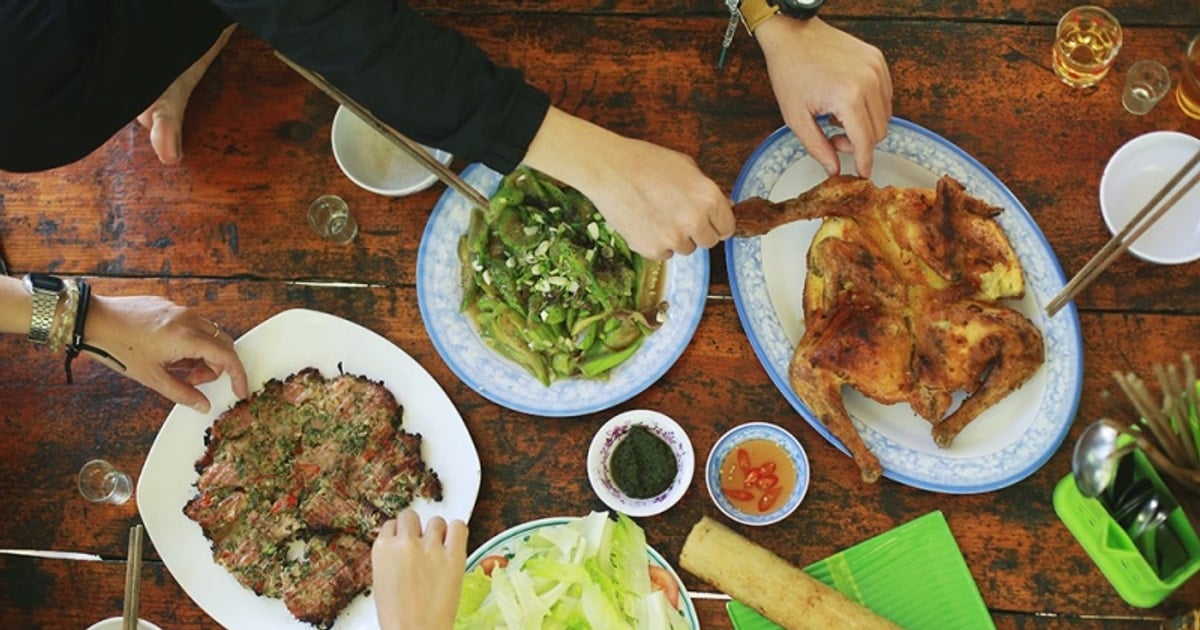






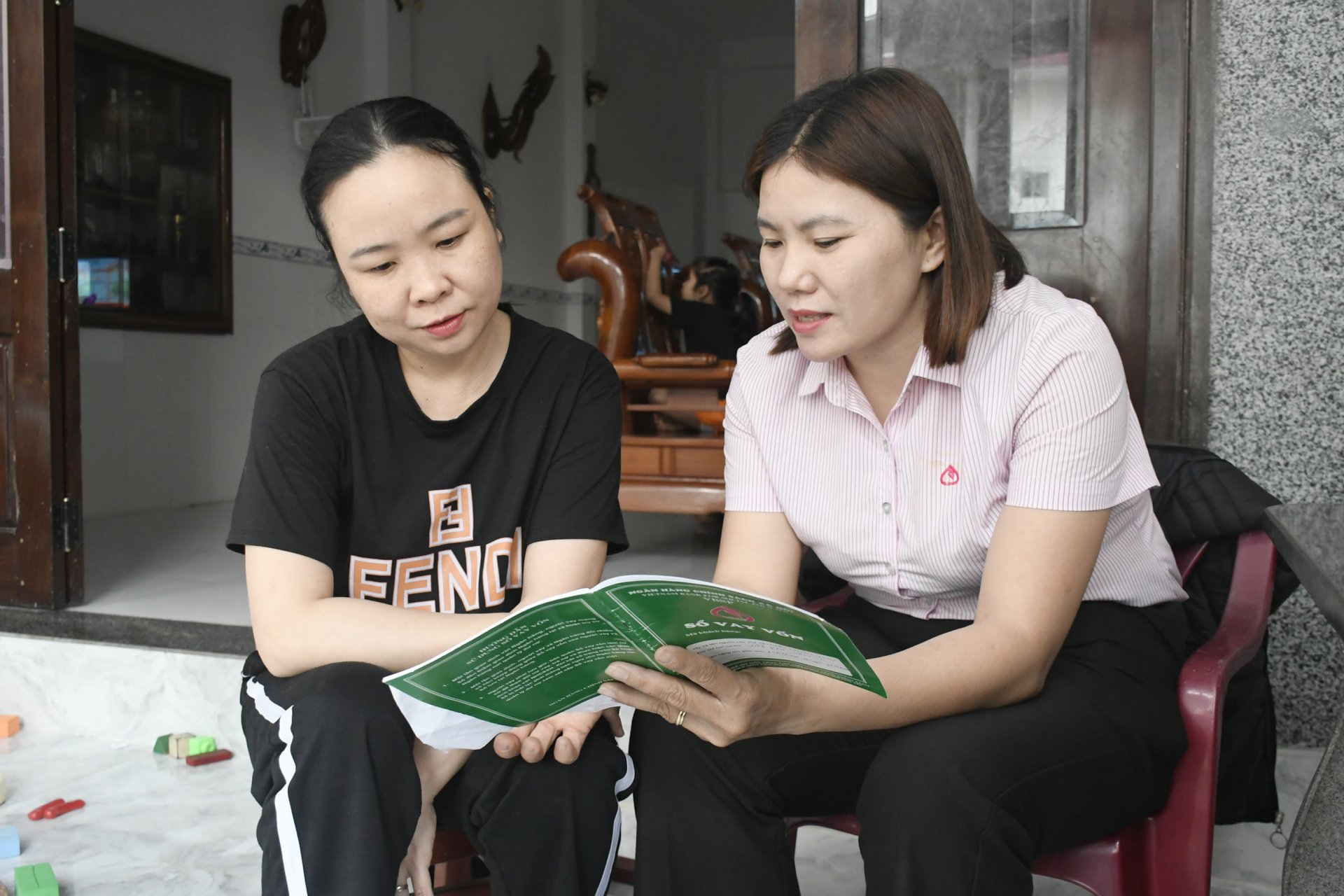











Comment (0)